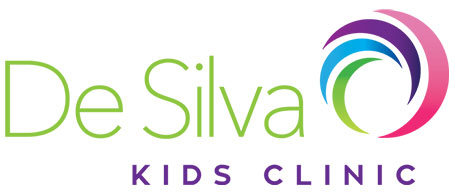Cooking and Talking
Cooking is such a great activity to do with kids to support their social communication and language skills. It encourages independence, responsibility, creativity, teamwork and more. There are many things involved when trying to follow a recipe, like understanding sequencing, following instructions, knowing what equipment to use and how to operate them, flexibility, problem solving, unwritten social rules, listening comprehension. Below are some benefits of cooking with your child.
Language skills development

Sequencing: Cooking is all about following a sequence. You can write the recipe in short, clear sentences for the child to follow while cooking. Reading through the recipe first together before beginning can also help the child to have an idea of the steps to take. This can help develop the vocabulary for sequencing.
Vocabulary: The child can be exposed to lots of new vocabulary while you cook together. They can learn of different spices, measuring units, cooking techniques, tastes, textures, the different sequencing words (first, then, after, meanwhile, once), verbs and much more!
Listening comprehension: This is a great place to support your child to comprehend multi-step instructions while cooking. For example, you can ask you child “can you please get the egg and milk from the fridge and then put it on the counter. Once you have done that, come and help me with stirring the mixture”.
Social skills development
Flexibility: Sometimes issues arises in the kitchen that will require flexible thinking. For example, if an ingredient runs out or missing model flexibility by replacing with a similar ingredient. Or modifying the recipe to accommodate for larger/smaller serving size. This will require the child to have the flexibility to add different amounts of ingredients.
Problem solving: There are times when mistakes happen, like the eggs cracked or you split the milk. This is the time when we give the child the chance to practice not crying over the mistake. You can model your reactions by narrating your feelings/actions eg “Oh no, we spilt the milk! But that’s okay we will stay calm and clean it up”. Another way to practice problem solving can be shopping for ingredients and finding materials and equipment in the kitchen before starting.
Unwritten social rules: It is important for your child to learn the unwritten social rules of every situation including in the kitchen and at the grocery store. When working and cooking with other people we need to respect the space. Encourage the child to think in another person’s shoes while in the kitchen by help cleaning up if they made a mess or made a spill and when the cooking is finished. This can also be practiced when shopping for the ingredients eg we don’t leave the things we drop on the floor.
Written by Yi-Jiun Liu, Speech Pathologist at De Silva Kids Clinic.

